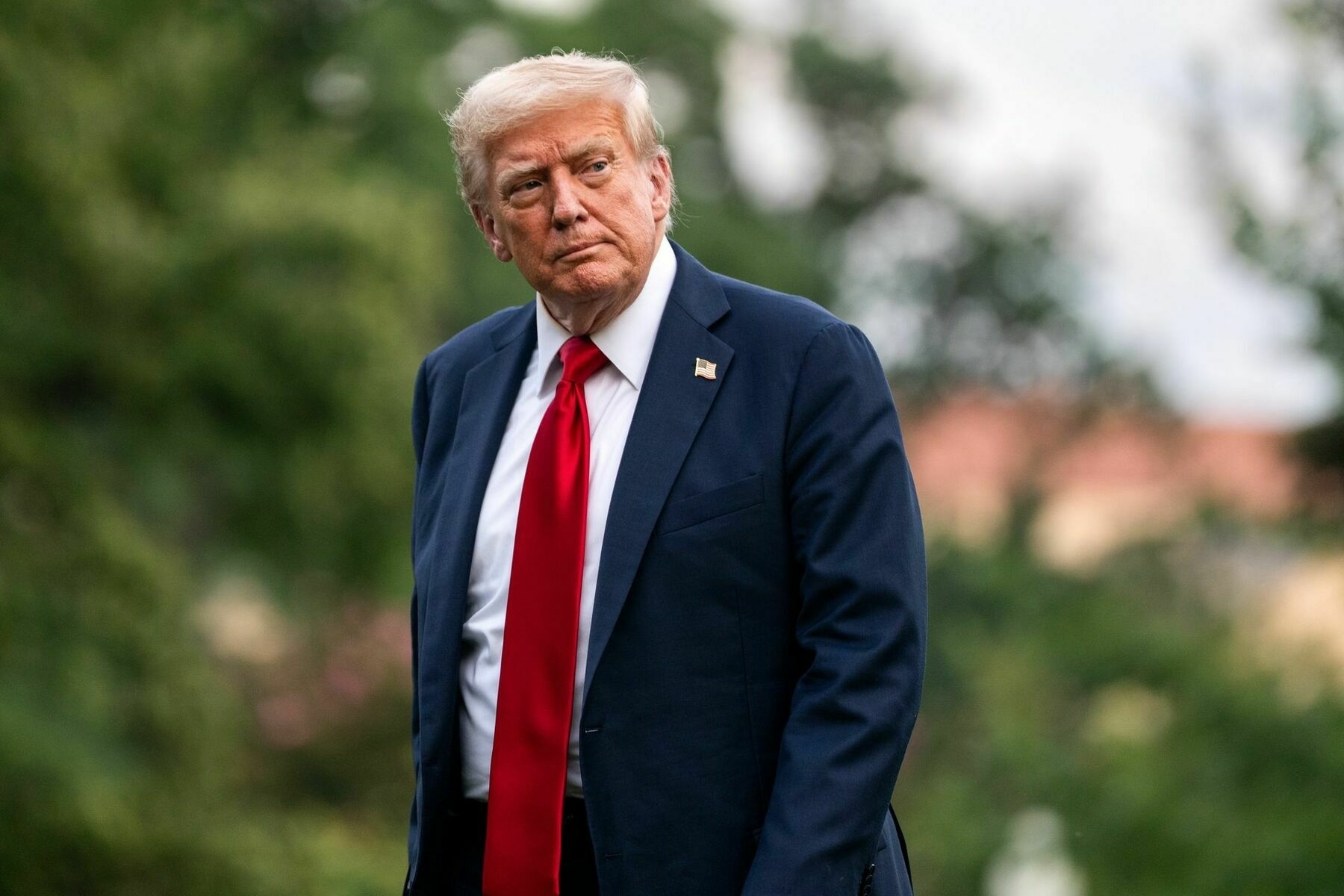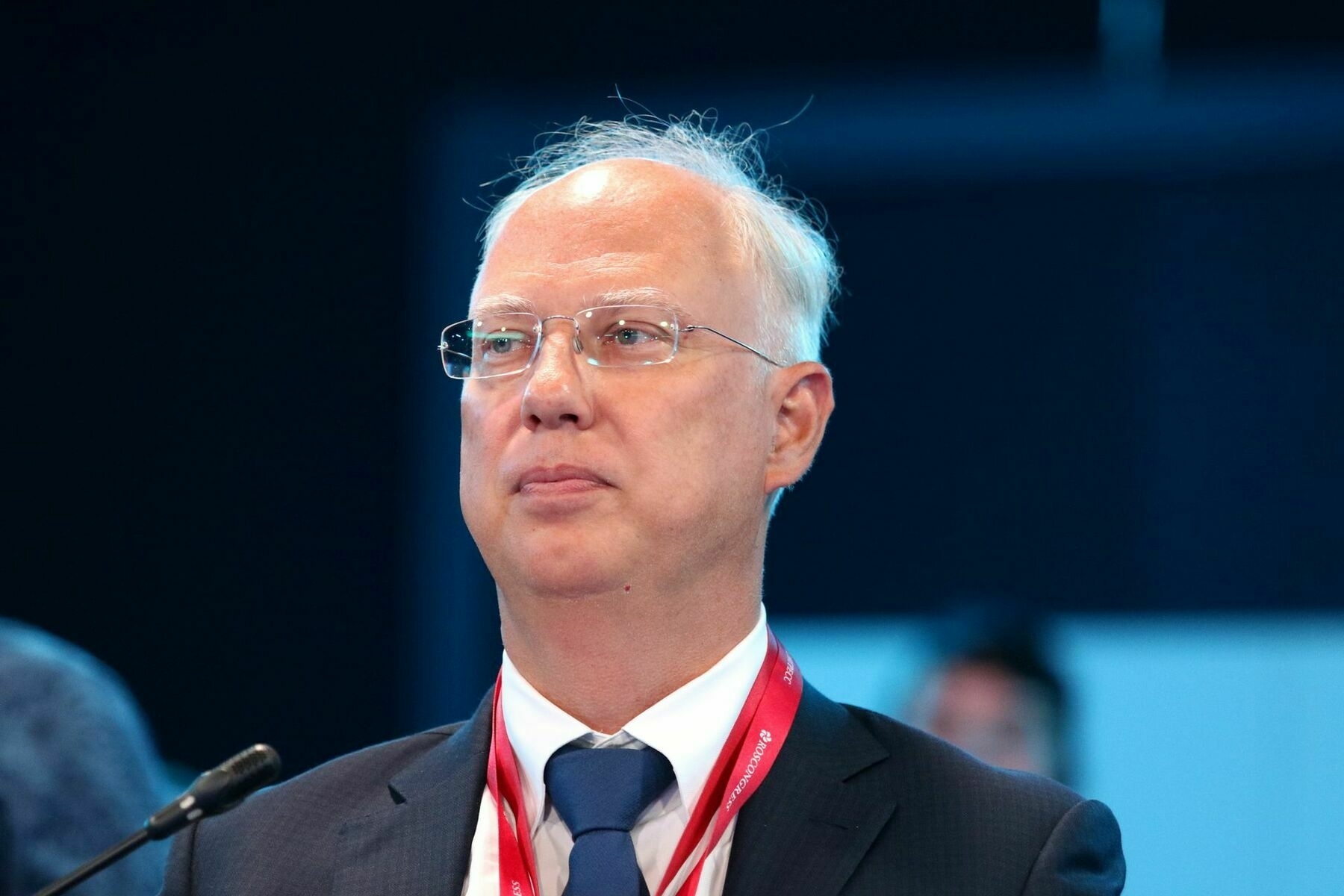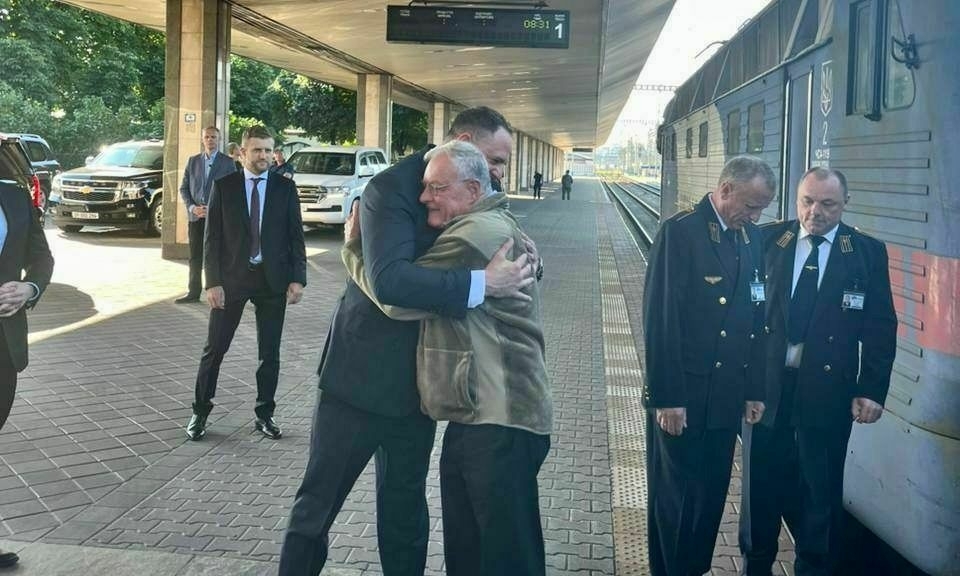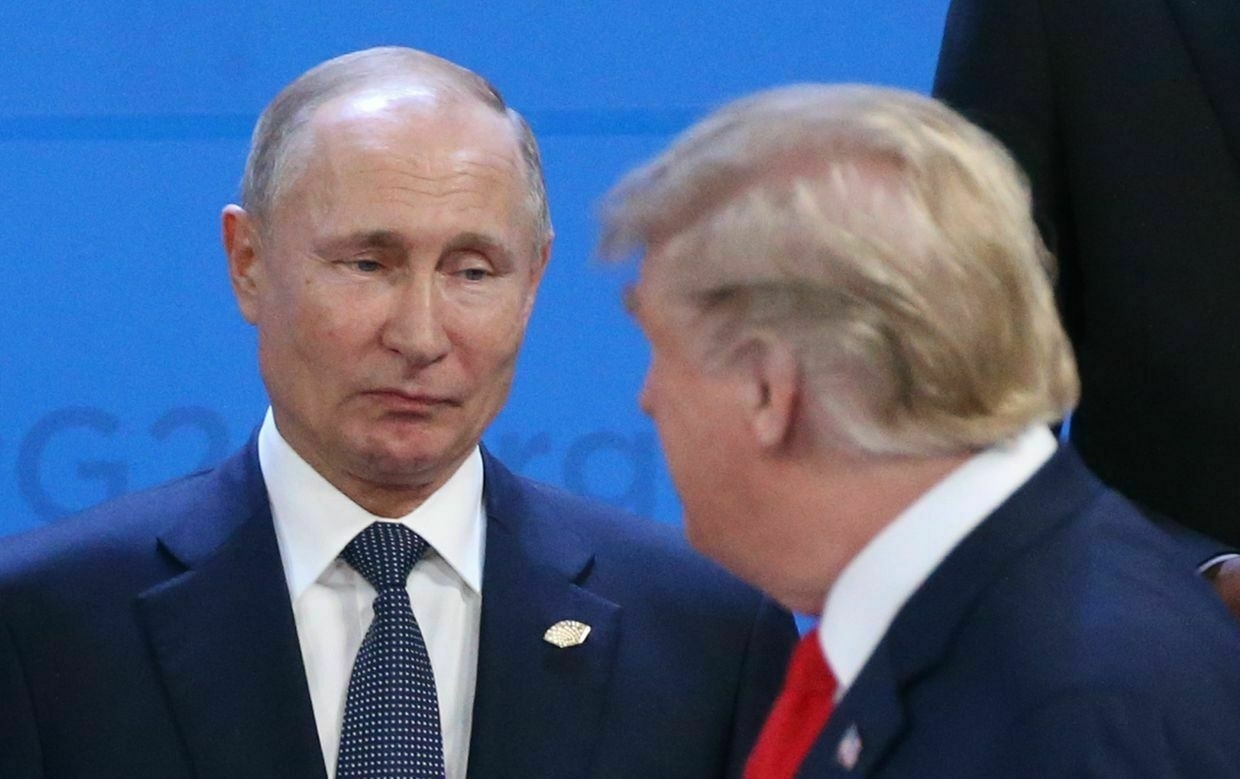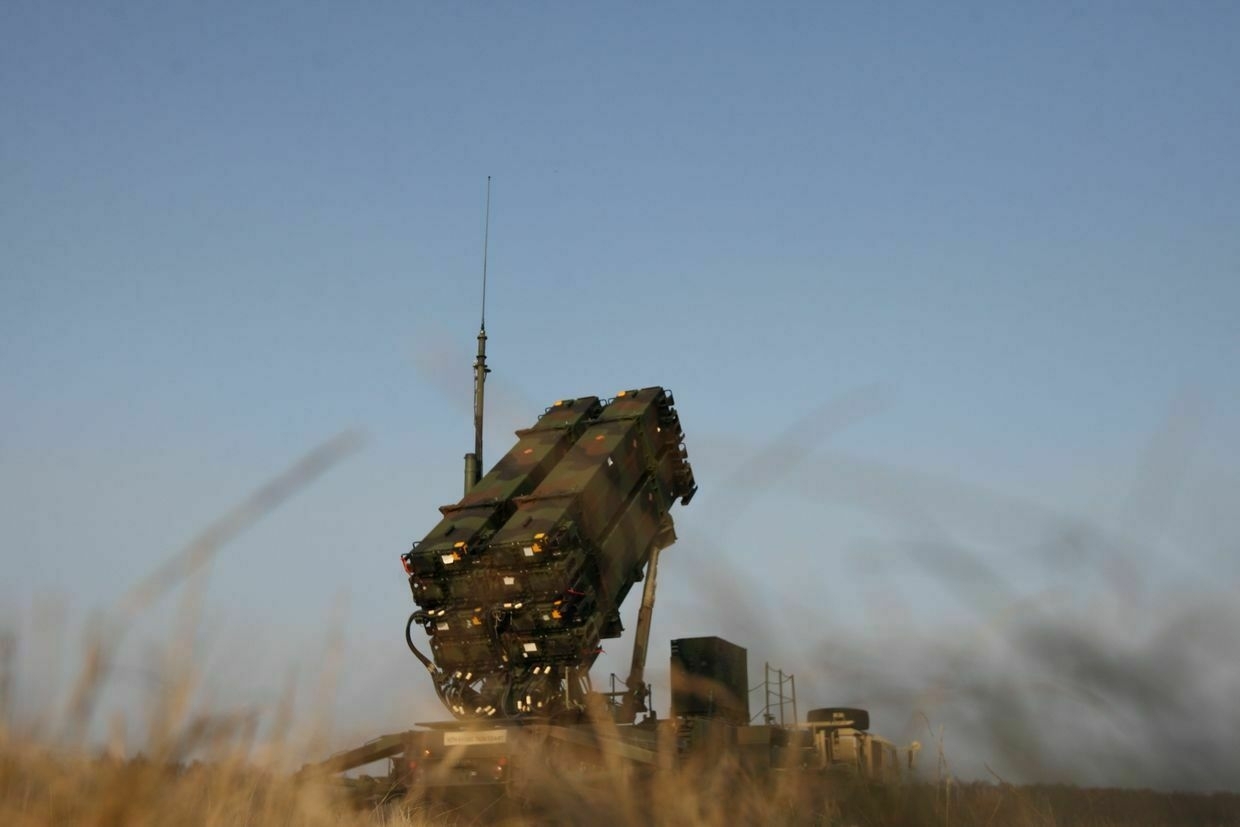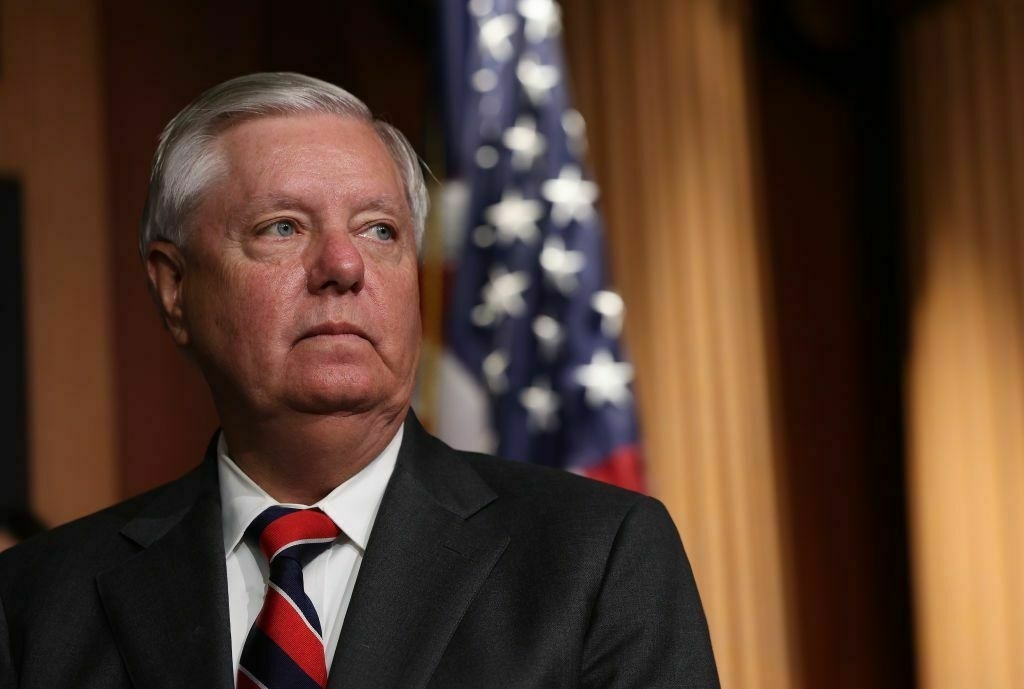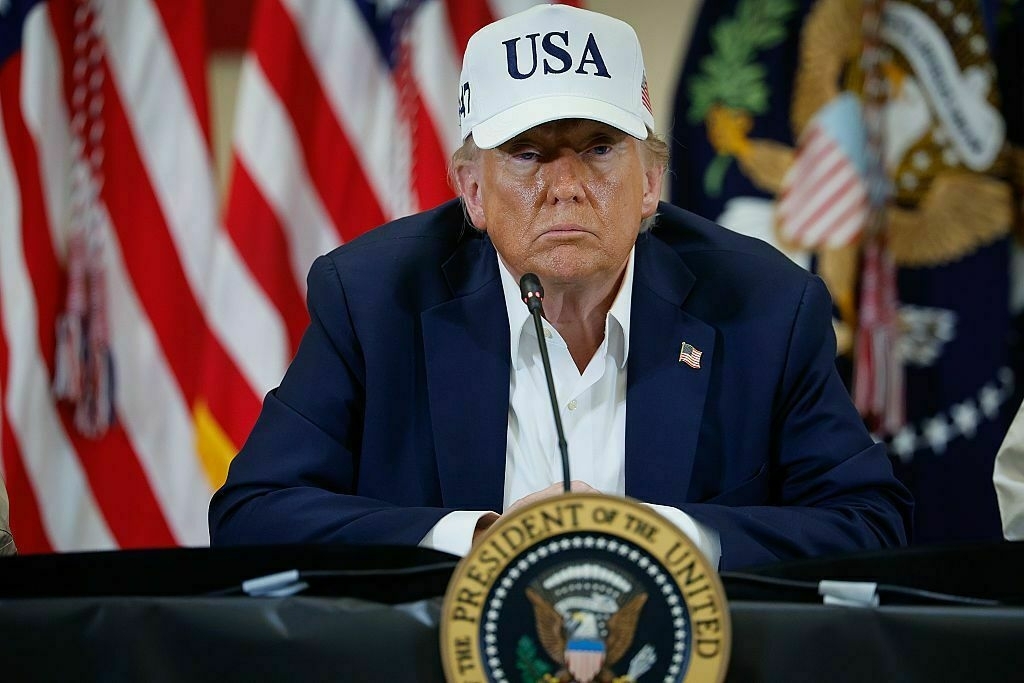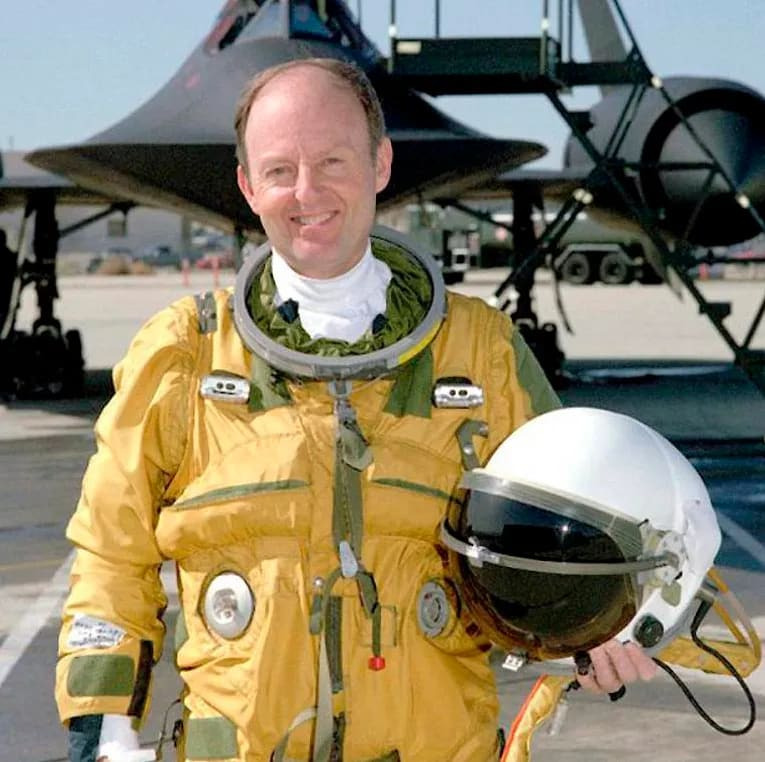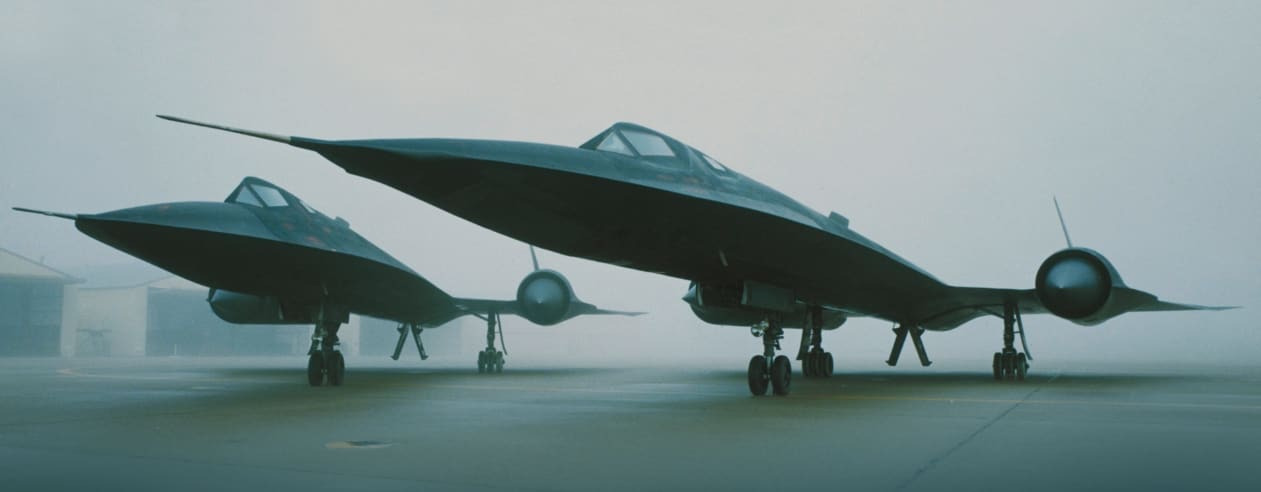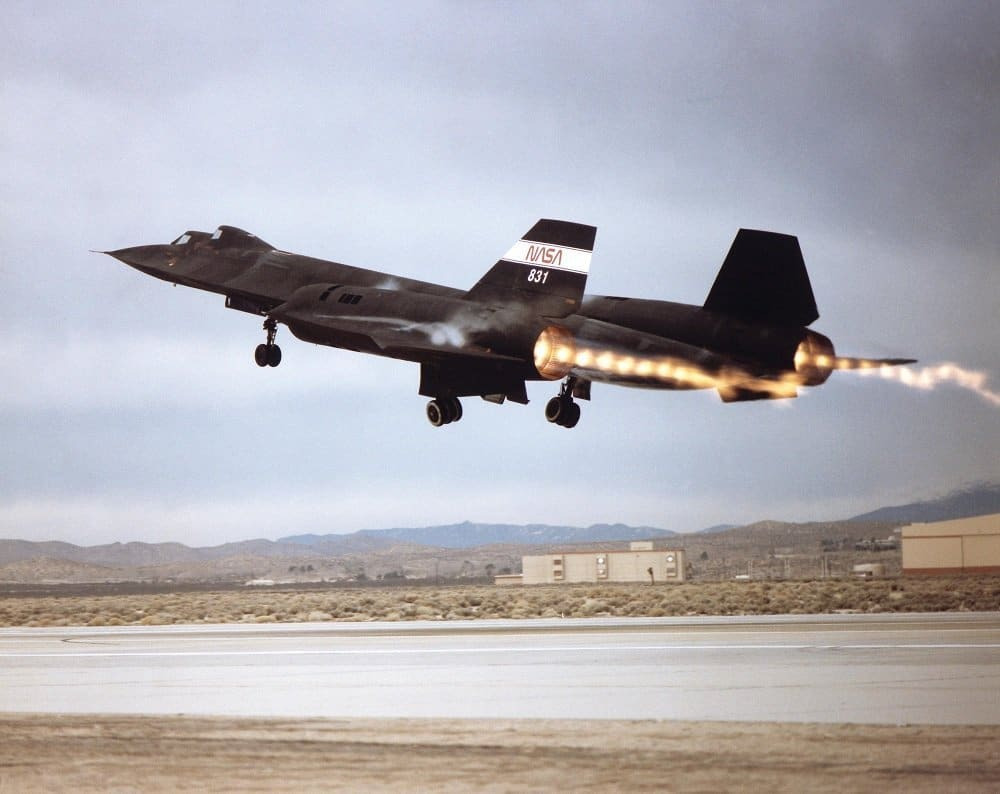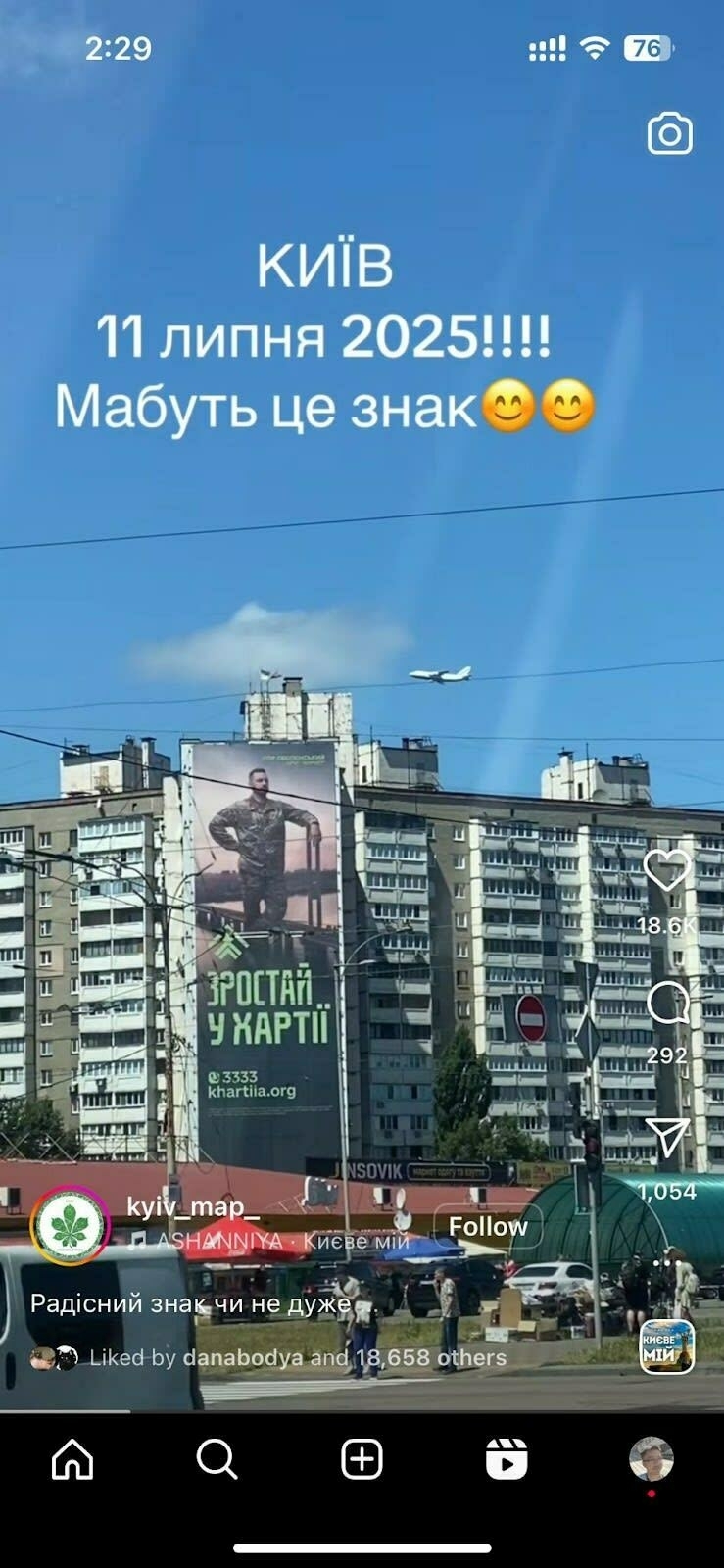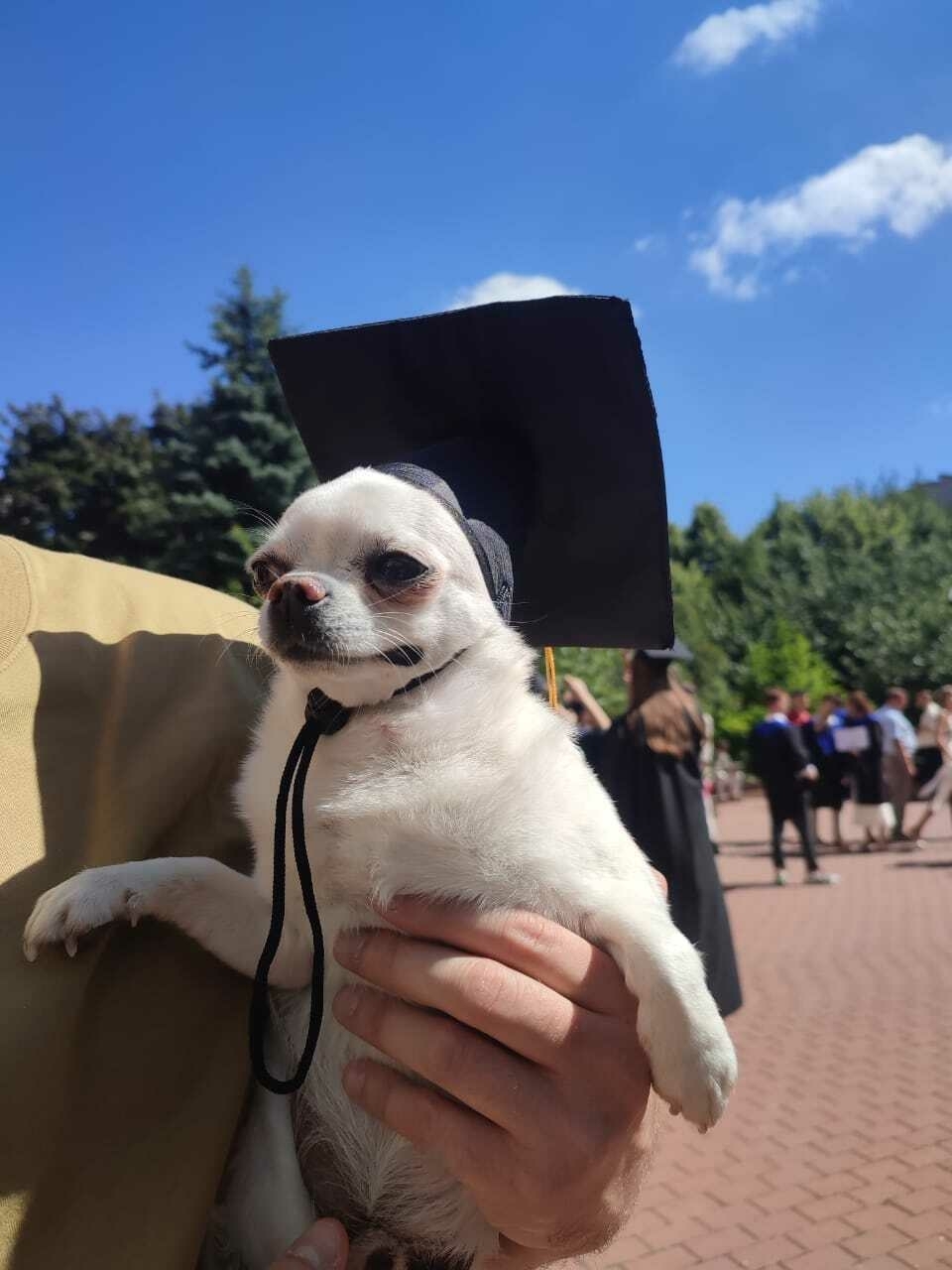-
Trump gives "green light" to Patriot: historic support for Ukraine | News Pulse
-
Germany faces constraints in supplying more patriot air-defense systems to Ukraine, says Defense Minister
Germany's Defense Minister Boris Pistorius has stated that Berlin cannot send more Patriot air-defense systems to Kyiv due to a lack of its own stockpiles. The German military has already supplied Ukraine with three out of its 12 available Patriot systems, leaving “only six” in the Bundeswehr's arsenal. "We only have six left in Germany. That is really too few, especially given the NATO goals we need to achieve. We definitely cannot provide more," Pistorius said in an interview with the Financial Times.
According to him, the limited number of systems is due to the deployment of two batteries in Poland and at least one being decommissioned for technical reasons or used for training.
Despite these challenges, Pistorius plans to discuss alternative ways to strengthen Ukraine's air defenses during his upcoming visit to the United States, where he will hold talks with U.S. counterpart Pete Hegseth.
Specifically, the discussions may center around an offer made by Pistorius last month: Germany is prepared to purchase two additional Patriot systems from the U.S. to deliver them to Ukraine.
Commenting on the defense minister's statements, analysts from the Ukrainian media outlet Defense Express noted that an interesting situation has arisen surrounding the German Patriot systems. Initially, these systems, along with Eurofighter jets, were deployed to Poland in March 2022 as part of a temporary strengthening of allies.
However, by July, these air defense systems were withdrawn. Later, in November 2022, Berlin offered to officially hand over two Patriot batteries to Warsaw. The Polish side insisted on immediately transferring these systems to Ukraine, but Germany argued that such a decision should be made by NATO. Eventually, in December 2022, Warsaw accepted the offer, although Polish Defense Minister Mariusz Błaszczak again emphasized that enhancing Ukraine's air defense would have been a more logical step.
In April 2023, Germany handed over two Patriot systems to Ukraine. Analysts suggest these are likely the same systems that previously guarded logistics routes in the Rzeszów area, a key hub for arms supplies. Consequently, amid the limited number of air defense systems available to the Bundeswehr, Pistorius publicly highlighted Germany's capacity limits for further transfers. However, diplomatic efforts to expand deliveries in collaboration with the U.S. continue.
As a reminder, on July 13, U.S. President Donald Trump announced the provision of additional Patriot batteries to Kyiv to help Ukraine defend against Russian attacks. The President pointed out that the U.S. will not bear any cost, as the shipments will be financed by the European Union.
-
Trump sets CLEAR conditions for Putin — 50 days to make a DEAL! #shorts
-
Patriot systems, missiles may arrive in Ukraine 'within days,' Trump says
-
NEWSFLASH: Trump will sell arms to Ukraine via NATO
Editor’s Note:
We continue working despite constant nightly shelling by the Russians.
We provide comprehensive reporting on Ukraine, covering all key events in a timely and accurate manner.
Want to stay up to date with the latest news? Upgrade your subscription!
Donald Trump threatened to punish Russia with 100 percent tariffs if a deal to end the war in Ukraine is not made within 50 days.
And in a major change of administration policy, Trump said he will permit countries from NATO to buy weapons from the United States – such as Patriot air defense interceptors, missiles and ammunition – to equip Ukraine.
After the paywall:
- Why did Trump change his tone on aid to Ukraine?
-What are the ‘secondary sanctions’ that Trump is threatening, and will they have an impact?
-Details on Putin’s threat for a new summer offensive in Ukraine.
-
BREAKING: US to hit Russia with 'severe' tariffs if no Ukraine deal reached in 50 days, Trump says
-
Kremlin: Russian-American dialogue to continue despite diplomatic tensions
A "constructive dialogue" between the United States and Russia is set to continue, as it's deemed more effective than futile attempts at exerting pressure. This statement came from Kirill Dmitriev, head of the Russian Direct Investment Fund (RDIF) and a special representative of President Vladimir Putin on investment-economic cooperation with foreign countries, as he wrote on his Telegram channel on Monday, July 14.
Dmitriev noted the "titanic efforts" currently being made to derail the dialogue between Moscow and Washington "by every possible means." However, he did not specify who is behind these efforts
He also criticized former U.S. President Joe Biden for allegedly "flawed approaches," which he claims have "proved ineffective." Dmitriev underscored that equality in dialogue, mutual respect, realism, and economic cooperation form the bedrock of global security and sustainable peace.
On July 10, U.S. President Donald Trump expressed his "disappointment" with Russia during an NBC interview, announcing plans for a significant statement on July 14. According to Axios, Trump will announce deliveries to Kyiv of not only Patriot air-defense systems to shield Ukraine's skies but also long-range missiles capable of reaching Moscow. European allies are expected to foot the bill for these supplies.
Senate Budget Committee chair and Republican Senator Lindsey Graham stated on July 13 that a turning point is imminent in Russia's war against Ukraine. "In the coming days, you will see record weapons deliveries to Ukraine, and the U.S. President will have access to sanctions that he never had before," Graham declared.
On July 14, Trump's special envoy Keith Kellogg arrived in Kyiv for a week-long visit. Ukrainian President's Office Head Andriy Yermak shared on Telegram that discussions would cover defense, security, weapons, sanctions, protecting citizens, and bolstering U.S.-Ukraine cooperation. Yermak emphasized that Russia does not wish to cease fire and reinforced that the peace-through-strength principle champions Trump's approach—a stance Ukraine supports.
Earlier in the year, Dmitriev participated in U.S.-Russia delegation talks in Riyadh in February and March and made an April visit to Washington, D.C., where he engaged with the Trump team. A key agenda topic was reportedly the "restoration of dialogue completely halted by Biden's administration." Dmitriev also claims that numerous American companies want to re-enter the Russian market, diversifying into fields where European businesses have retreated.
CNN reported that U.S. authorities temporarily lifted sanctions on Dmitriev, allowing the State Department to issue him a visa for entry. The RDIF chief is known to have studied and worked in the United States and collaborated with U.S. presidential special envoy Steve Witkoff on freeing U.S. citizen Marc Fogel from Russia.
-
US Envoy Kellogg to spend a week in Ukraine as President Zelensky looks to bolster defense cooperation
Ukrainian President Volodymyr Zelensky had a meeting with US Special Representative Keith Kellogg, who arrived in Kyiv this morning. This comes amid ongoing discussions about enhancing Ukraine's defenses and fortifying ties with the United States.
"We had a productive conversation focusing on pathways to peace and actionable steps we can take together," Zelensky revealed following their meeting. "This includes strengthening air defense systems for Ukraine, joint production efforts, and acquiring defensive weapons in collaboration with Europe. Of course, sanctions against Russia and its enablers remain crucial. We count on the leadership of the United States, as it is evident Moscow won't relent unless its ambitions are forcibly curtailed," he stated, expressing gratitude for Kellogg’s visit. He also conveyed appreciation to former US President Donald Trump for sending strong signals of support and making positive decisions benefiting both Ukraine and the US.
The Office of the President (OP) further noted that Zelensky and Kellogg also discussed frontline conditions and the needs of the Ukrainian military. [Read More] The US envoy commended Ukrainian fighters for their bravery. Among potential collaborations highlighted were joint drone manufacturing and the possibility of the US directly purchasing Ukrainian UAVs.
Keith Kellogg will remain in Ukraine for a week. His schedule is packed with significant meetings. Zelensky pointed out that Kellogg is set to engage with top officials from the Security Service of Ukraine and representatives from Ukrainian intelligence. Meanwhile, Serhiy Leshchenko, advisor to the head of OP, mentioned that Kellogg might also meet with Ukrainian military personnel to gain firsthand insight into the realities of modern warfare. This insight is crucial not only for further US assistance to Ukraine but also for ensuring the US military remains at the forefront of technology and strategy.
-
Putin's negotiator calls for 'constructive dialogue' as Trump shifts stance on Ukraine
-
As Trump pledges more Patriot systems, US envoy Kellogg arrives in Kyiv
-
'He wants to take all of it' — Putin reportedly told Trump he'll intensify eastern Ukraine offensive over next 2 months
-
Trump says US will send Patriot missiles to Ukraine
-
'The game is about to change' — Republican Senator Graham says he expects influx of US weapons shipments to Ukraine, ahead of Trump's 'major' announcement
-
Ukraine war latest: German-funded long-range weapons to arrive in Ukraine by late July; NATO chief to visit Washington on July 14 as Trump prepares 'major statement' on Russia
Key developments on July 12-13:
- German-funded long-range weapons to arrive in Ukraine by late July, general says
- NATO chief to visit Washington on July 14 as Trump prepares 'major statement' on Russia
- Trump considering sending new funds to Ukraine for first time since taking office, CBS News reports
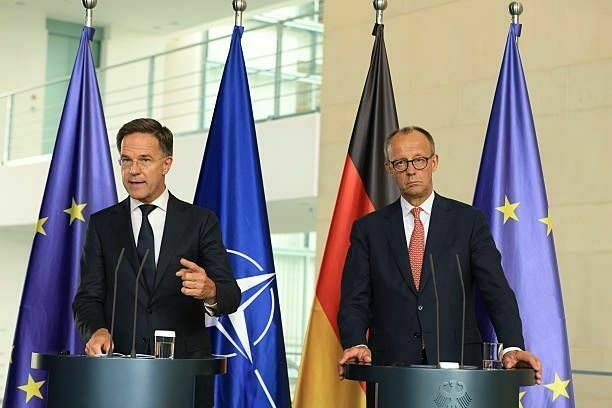
-
Russia denies reports about Putin's alleged secret push for Iran nuclear deal
Russia's Foreign Ministry dismissed a July 13 Axios report, calling it "deliberate disinformation." The original article claimed Russian President Vladimir Putin had secretly urged Iran to cease uranium enrichment to broker a new "nuclear deal" with the United States.
The Russian Foreign Ministry suggested the report aims to "escalate tensions surrounding the Iranian nuclear program." Moscow maintains it has "consistently and repeatedly" emphasized resolving this crisis "solely through political and diplomatic means" and has demonstrated readiness to assist in finding mutually acceptable solutions.
According to Axios's July 12 article, both Donald Trump and Iranian authorities were reportedly informed by Putin of his support for a deal in which the Islamic Republic would completely abandon uranium enrichment. The report suggests Putin has made this call to Tehran "repeatedly" in recent weeks, with Israeli officials also being apprised.
In the early hours of June 13, 2025, Israel launched "Operation Rising Lion", with Israeli Air Force bombing Iranian nuclear sites and Islamic Revolutionary Guard Corps (IRGC) command centers for 12 days. Iran retaliated with strikes on Israeli territory. The U.S. entered the conflict on June 22, targeting Iranian nuclear facilities in Fordow, Natanz, and Isfahan. A ceasefire was agreed upon by Israel and Iran on June 24.
The official objective was to obstruct Iran's development of a nuclear bomb; however, the operation's success remains uncertain. France's latest intelligence estimate suggests Iran’s program has been set back at least several months. Axios reported on July 7 that Israel is preparing for possible new strikes if Iran resumes its nuclear pursuits, banking on potential support from Trump "under certain conditions".
Ahead of Israel's military action, five rounds of talks took place between Washington and Tehran in Oman’s capital, Muscat. Media reports indicated Iran was willing to halt the production of highly enriched uranium in exchange for sanctions relief, though they refused to completely discontinue their nuclear program. Axios further reports that U.S.-Iran negotiations may resume. Iran’s Foreign Minister Abbas Araghchi indicated on June 28 that Tehran is, in principle, open to this possibility.
-
NATO chief to visit Washington on July 14 as Trump prepares 'major statement' on Russia
NATO Secretary General Mark Rutte will visit Washington on July 14-15, the military alliance’s press service announced on July 13. The visit comes as U.S. President Donald Trump previously said he intends to make a “major” announcement on Russia on July 14, potentially signifying a major policy shift on the war in Ukraine.
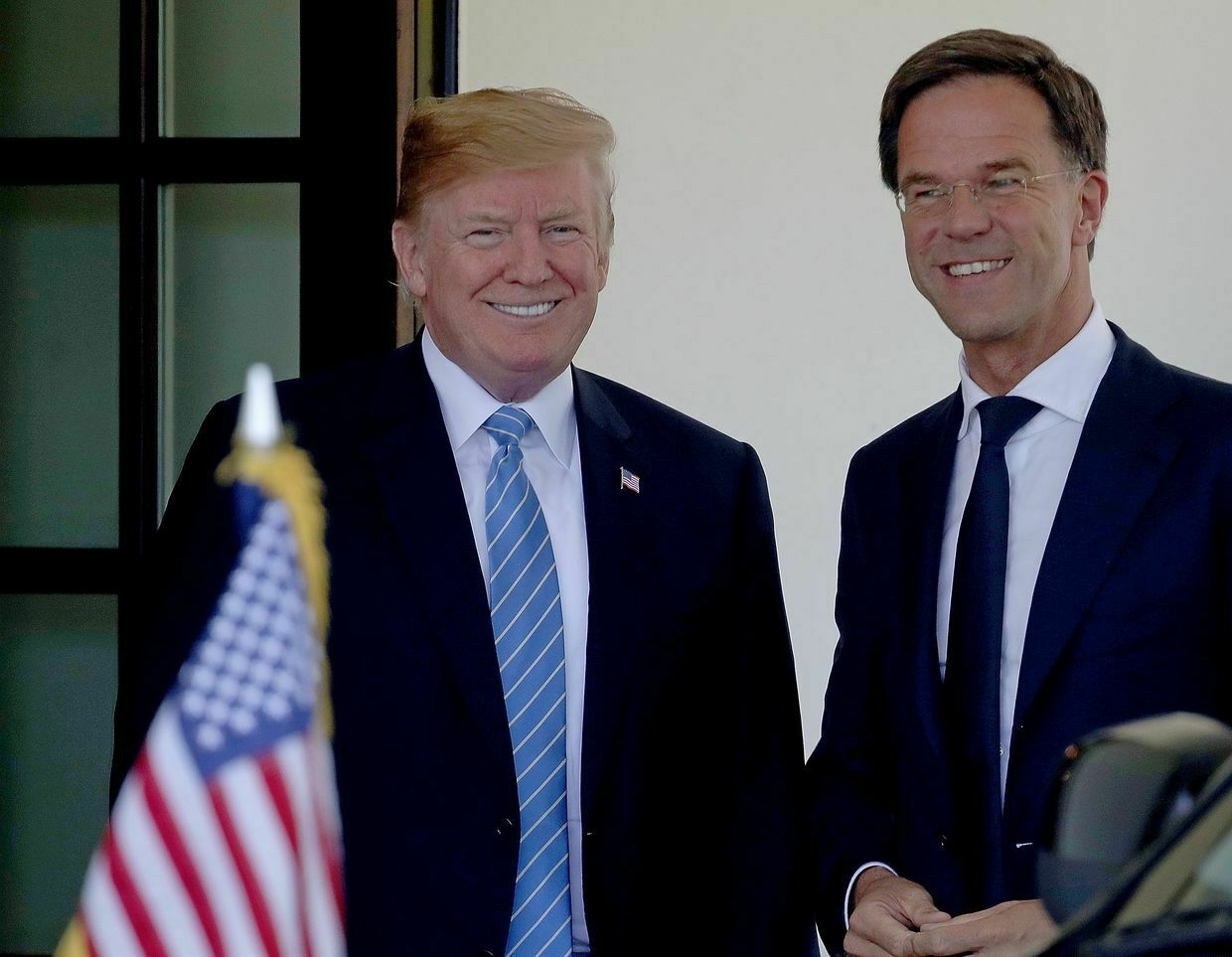
-
Trump considering sending new funds to Ukraine for first time since taking office, CBS News reports
-
Trump: “I'm not satisfied with Putin” !
-
Putin backs 'zero enrichment' in new Iran nuclear deal, sources tell Axios
-
The Ukrainian links of America’s legendary SR-71 spy plane
Did you know that The Counteroffensive has a sister publication that covers innovations in Ukrainian military technology and defense regulation? It’s called The Counteroffensive.Pro, and you can read it here.
Support our coverage of the war and Ukrainian innovation today!"I was inspired by the example of my uncle, who was a pilot in the Royal Canadian Air Force. He was an example," said Rogers Smith, a former pilot of SR-71 at NASA, in an interview with The Counteroffensive.
The SR-71 ‘Blackbird’ plane is a product of the Cold War, and the United States and the Soviet Union were locked in a fierce competition over the development of technology. This high-tech embodiment of engineering artistry, SR-71, was developed in the 1960s to spy on the USSR.
It was built to replace the U-2, a reconnaissance aircraft that the Soviets had successfully shot down in May 1960. It was clear that even the blazing speed of 700-800 km/h was no longer safe, as the Soviets were capable of striking down such aircraft with their SA-2 Guideline air defense system, and the development of more capable radars was in the works.
Titanium was chosen for the SR-71 due to its exceptional strength and resistance to high temperatures. Aluminum loses its strength and functionality at temperatures above 200°C.
At speeds exceeding 3,500 km/h, the temperature can reach up to 600°C. With the SR-71 capable of flying at speeds of Mach 3 (over 3,500 km/h) and altitudes of over 20 km, it was clear that aluminum would simply melt, said Smith.
The SR-71 was used for reconnaissance – to find Soviet-made airplanes in Nicaragua, for example, and to observe China's nuclear bomb tests.
Ironically, the titanium used to make the fuselage for the plane was designed to spy on the USSR and was supplied by the USSR itself.
We reviewed declassified CIA documents and concluded that it was likely sourced from a plant in Zaporizhzhia, Ukraine or other Ukrainian mining sites.
At the time development began on the aircraft, the United States lacked the industrial capacity needed to build it, as it required special titanium ore alloys.
The USSR had other titanium processing plants, but all available information suggests that only the Zaporizhzhia plant produced the right kind of titanium during the development of the Blackbird.
The history of the SR-71
The SR-71 Blackbird was developed by the American corporation Lockheed Corporation (now Lockheed Martin). Its first flight took place in December 1964.
The aircraft remained in service until 1999 with a brief interruption, and NASA used it in the 1990s for high-speed research. That's where Rogers Smith became an SR-71 Blackbird pilot.
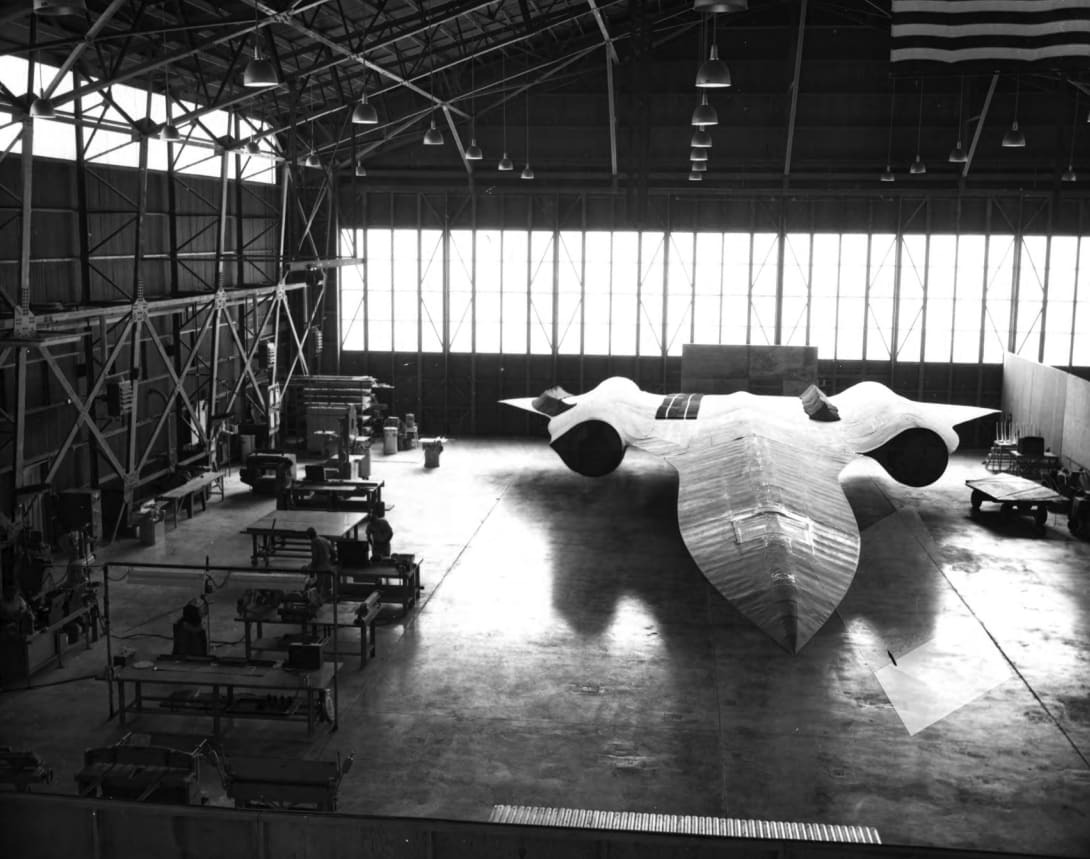
SR-71 Blackbird. August 11, 1961. Photo taken from the book ‘Photo in History’ [PDF]. When he received an offer to work at NASA in 1982, he took it with no hesitation. He also didn't know at the time that he would have the opportunity to fly the SR-71.
“So, when I walked into the office with Bill Dana [NASA research pilot] the first time, he pointed to a desk in the office. He was the last man to fly an X-15 [hypersonic rocket-powered aircraft]. He pointed to the desk and said: ‘That’s where you’ll sit.’ Well, that desk was where Neil Armstrong sat. It was his desk before he went off to do great things,” said Smith.
The SR-71 ended up at NASA, where scientists were conducting high-speed testing of various technologies, after the U.S. Air Force decided to retire the aircraft.
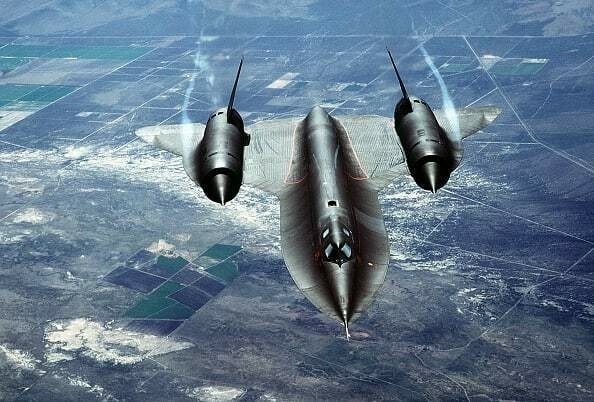
A U.S. Air Force SR-71A, also known as the ‘Blackbird,’ during a test flight over Beale Air Force Base in California. (Photo by Getty Images). Smith is now 89 years old, having dedicated his entire life to flying. Besides his love of flight, the Canadian had an interest in engineering, so at NASA, he specialized in advanced flight control systems, stability and control, and flying qualities throughout his career as a pilot.
The uniqueness of the SR-71 Blackbird's development lay in the fact that “everything had to be invented” to build it, wrote Kelly Johnson, one of the aircraft's designers at Skunk Works, Lockheed's secret advanced development division.
At that time, aircraft could reach speeds over 3,000 km/h only on afterburner, and for short periods of time. But for the Blackbird, such a speed had to be routine – they needed to create a fuselage that could withstand the speeds, temperatures, and loads.
Evidence linking the SR-71’s Titanium to Ukraine:
To solve this problem, they needed to use a new material that would be strong enough for supersonic flights. This led to the idea of using titanium alloy. In the 1960s, however, titanium was a very rare metal.
At that time, domestic production in the United States was not yet developed, and annual output was less than 1,000 tons. Furthermore, the size and quality of deposits were poor, and launching a new titanium production plant would take another three to five years.
So, the U.S. had to look elsewhere for titanium.
The CIA created an elaborate scheme to purchase titanium from the USSR, according to former pilot Rich Graham. A series of shell companies was created that purchased titanium under false pretenses. According to one such scheme, titanium was bought under the ruse that they would make pizza ovens, Graham said in a 2021 interview.
The scheme involved several countries, so that the USSR wouldn't figure out the real buyer or the real purpose. Exactly which companies were created and how the export scheme worked remain unknown.
“The CIA conducted a worldwide search and, using third parties and dummy companies, managed to unobtrusively purchase the base metal from one of the world's leading exporters – the Soviet Union. The Russians never had an inkling of how they were actually contributing to the creation of the airplane being rushed into construction to spy on their homeland,” Ben R. Rich wrote in ‘Skunk Works: A Personal Memoir of My Years at Lockheed.’
No one has ever specifically stated that the SR-71’s titanium came from Ukraine.
But there is strong circumstantial evidence that the titanium was mined in Ukraine, and could have only been refined at a plant in the southern Zaporizhzhia region.
A declassified 1985 CIA document shows that the Soviet Union mined a kind of titanium ore called Ilmenite, from which it processed into raw titanium:
“Ilmenite is mined and concentrated at two locations in the Ukraine-north of Irshansk in the Zhitomirskaya Oblast' and near Vol'nogorsk in the Dnepropetrovskaya Oblast.”
The document also shows that the U.S. intelligence agency paid close attention in particular to the Zaporizhzhia Titanium-Magnesium Plant (ZTMP) in what was then the Ukrainian Soviet Socialist Republic, which processed ore into raw titanium.
Here’s an excerpt of that intelligence report on Soviet titanium production:
“During the late 1950s and 1960s, the USSR strove to build the production capacity and develop the technology necessary for military applications. Three combination titanium-magnesium plants began production: at Zaporozh'ye in 1956 [emphasis added], at Berezniki in 1964, and at Ust'-Kamenogorsk in 1965.”
Of those three, only Zaporizhzhia would have been active when the SR-71 was being designed in the early 1960s.
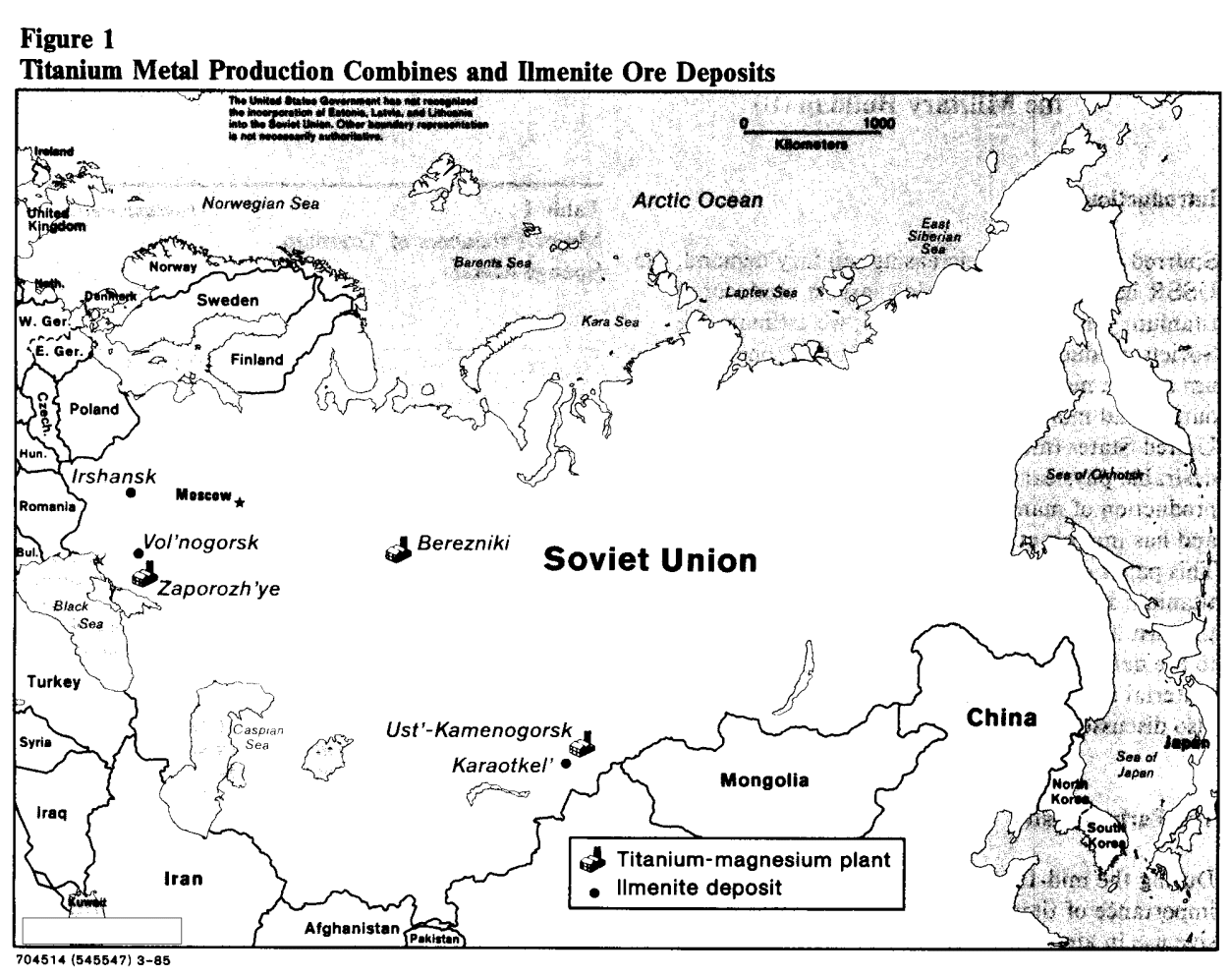
A declassified 1985 CIA document showing the Titanium plants in the Soviet Union. (Source: CIA Reading Room). So great was the CIA’s interest in the Ukrainian plant that it specifically was photographed from the air multiple times in 1961, according to a then-Secret document:
“The factory proper is a fenced installation approximately 2,600 feet square... Security measures appear to be consistent with those at other Soviet chemical plants... Many of the buildings are rail served.”
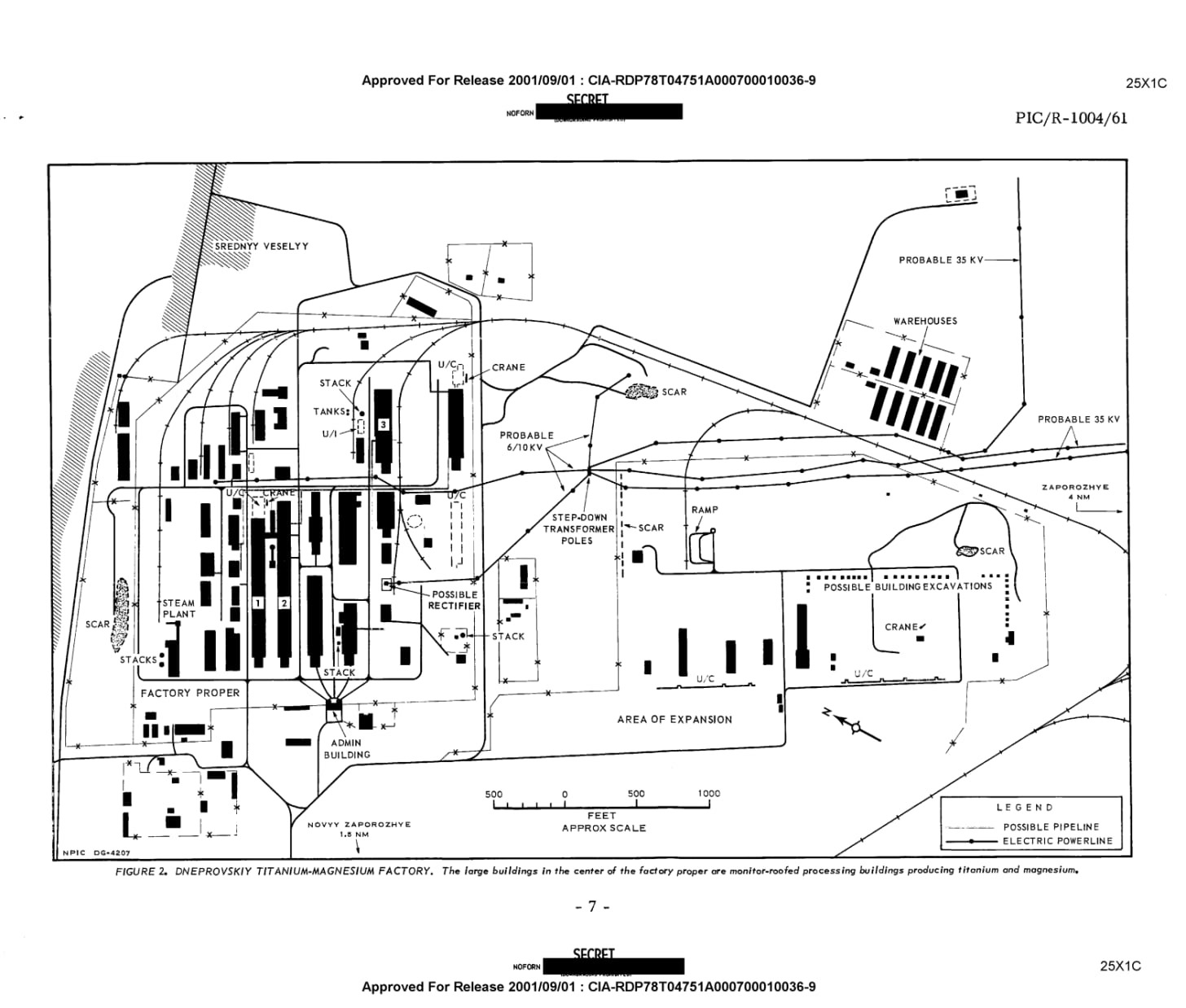
Zaporizhzhia titanium and magnesium plant. Screenshot taken from a Secret 1961 CIA document declassified in 2001. Around the time of the SR-71’s first flights, the CIA estimated that ZTMP produced 1,000 tons of raw titanium and 4,000 tons of titanium chloride annually – and the plant was still being expanded. The titanium giant was actively studied by the intelligence service through high-altitude photography and sources.
Whether the United States secretly obtained the underlying ore or the more refined raw titanium, the available evidence suggests that the SR-71 has a link to Ukraine.
Through the process of elimination, the CIA’s specific interest in the Ukrainian titanium plant, and the availability of titanium ore in nearby Ukrainian regions, it’s appropriate to conclude that Ukraine was likely part of the supply chain for the lightweight and strong metal.
The thickness of titanium in the SR-71 is comparable to a can of soda. The development of the SR-71 was estimated to cost $764 million for the aircraft and $125 million for the new engine.
The SR-71 also posed unique challenges for pilots. The flight itself required a special suit, similar to the one astronauts wear. Pilots were thus required to fly frequently, be experienced, and well-prepared physically.
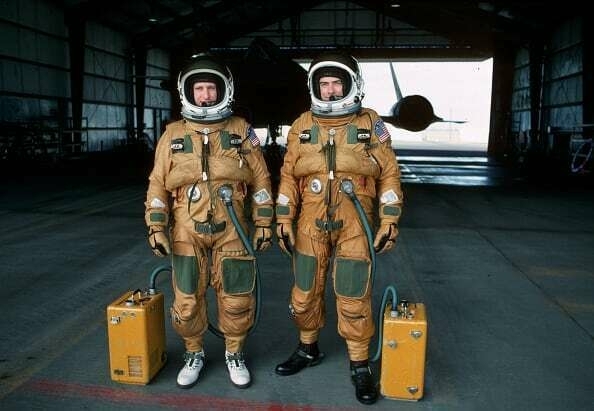
Crew members of the Lockheed SR-71 (Blackbird) strategic reconnaissance aircraft. (Photo by Greg Mathieson/Mai/Getty Images). “It’s the only place [NASA] in my experience that I've ever had my boss tap me on the shoulder and say: ‘You're not flying enough,” said Smith. Pilots had to constantly stay sharp to be prepared for any possible emergency.
So Smith made a point to clock as many flying hours as he could, he said, often showing up at the airfield and saying something like, "I'd like to fly this afternoon at 1:00 PM." In most cases, that's exactly how it worked, he recalled.
The current state of the Zaporizhzhia Titanium-Magnesium Plant
The Zaporizhzhia Titanium-Magnesium Plant is situated on the left bank of Zaporizhzhia, in an industrial zone adjacent to other large enterprises, controlled by Ukraine and located inside the city. It was founded in 1935 and began titanium production in 1956. The enterprise is known as the only producer of raw titanium in Europe, though its operational capacity has suffered as a result of the war.
When Ukraine gained independence in 1991, the plant continued functioning.
Since the beginning of the full-scale war in February 2022, the plant has essentially ceased operations, with the enterprise focusing instead on selling products stored in its warehouses. Approximately 2,000 tons of titanium products were sold for a total of $7.5 million during 2022, according to RBK-Ukraine.
As of 2024, the enterprise owed millions of dollars in outstanding salaries and taxes due to the temporary work stoppage from 2022 until July 2024. Since 2022, total losses have exceeded $24 million.
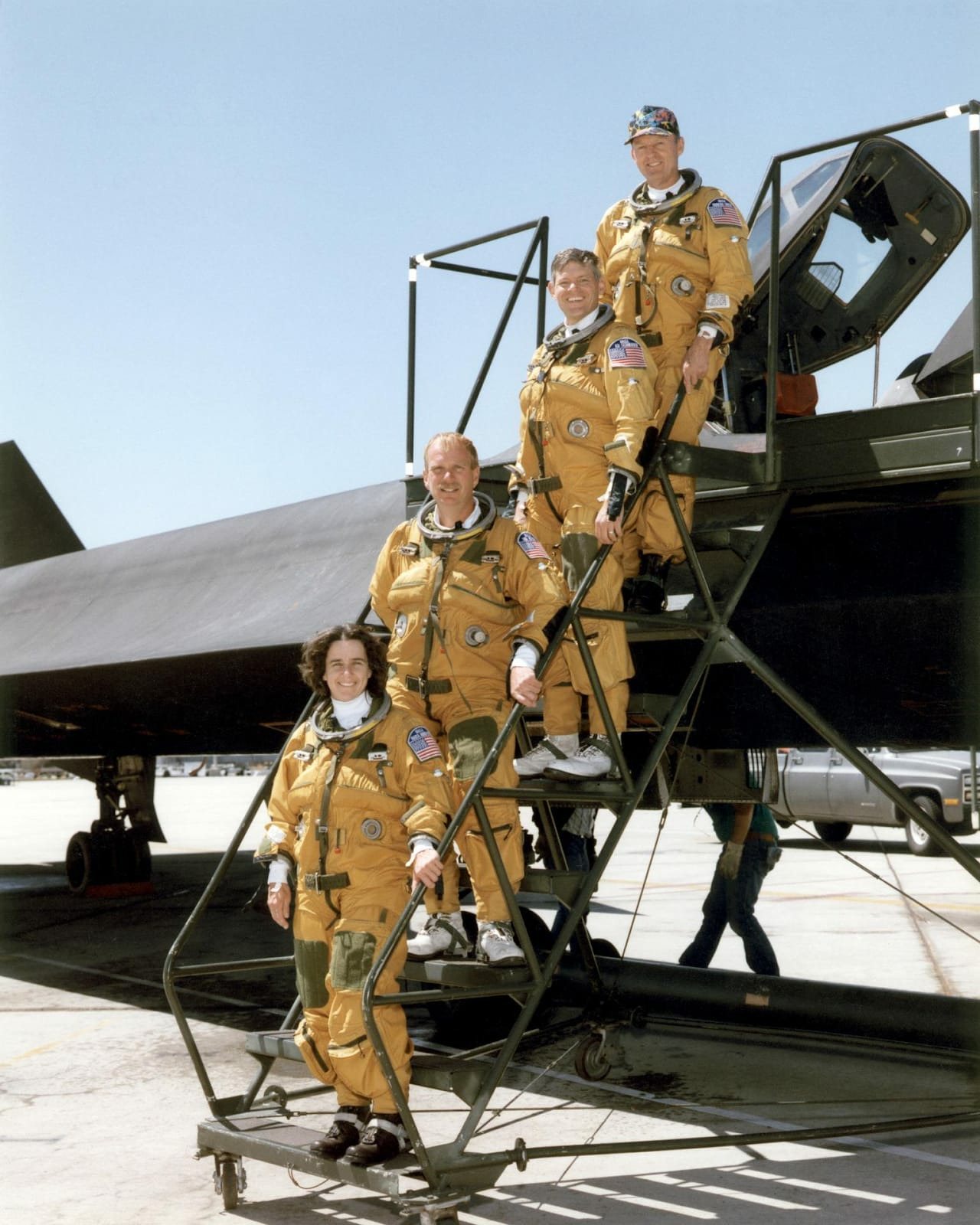
(From bottom to top) Flight engineers Martha Bohn-Meyer and Bob Meter, and pilots Eddie Schneider and Rogers Smith, at NASA Dryden research center. Photo by NASA. However, officials in December 2024 stated that production of raw titanium is continuing. In revealing ways, the Ukrainians may have unwittingly helped their adversary again.
The enterprise was plunged into controversy in August 2023 when news outlet RBK-Ukraine wrote that the sales the company made during the war were to companies from Montenegro, Austria, Lithuania, and the Czech Republic that have ties to Russia.
These details were particularly alarming because titanium is used to manufacture components for cruise missiles, combat aviation, and other applications.
The State Property Fund, which controls ZTMP, denied the allegations made in the report, however.
Currently, the director is Yevhen Storchak, who took over the helm in July 2023. The Counteroffensive reached out to ZTMP plant representatives for comment, but never heard back. The plant's deputy director also didn't respond to our requests for comment.
The last flight
The SR-71 'Blackbird' journey ended in 1999. By coincidence, Rogers Smith made the last flight in the history of the outstanding reconnaissance aircraft.
This was at an air show where Smith and the research pilot Ed Schneider were scheduled to perform. Smith performed first, on Saturday. Schneider never got to perform, however, as the aircraft he was supposed to fly had broken down. Attempts were made to repair the plane, but the breakdown was too severe—a significant fuel leak had occurred, and the crew couldn't repair it in time.
Lockheed Martin produced 32 SR-71 planes, 12 of which were lost due to accidents involving things like engine failure and instrument malfunction. Most of the Blackbirds are now on display in museums all across the United States. The Air Force retired the SR-71 in 1990 due to overwhelming demand for fuel for long flights and the development of satellites for reconnaissance purposes. The Blackbird was then used by NASA for research, but it was replaced in 1999 with satellites and unmanned aerial drones.
“Luckily for me, I was one of the two pilots assigned to that program [SR-71 NASA research program]. And it was a magical and mystical airplane,” Smith said.
NEWS OF THE DAY
By: Clara Preve
THE FIRST CIVILIAN JET SEEN OVER KYIV SINCE THE WAR. An Antonov An-124 ‘Ruslan’ cargo jet was spotted flying over Kyiv on Friday, marking one of the first civilian aircraft to enter Ukrainian airspace since the start of Russia’s full-scale invasion.
Currently, only military and government flights are permitted over Ukraine under strict restrictions.
The flight landed at Germany’s Leipzig/Halle Airport, where Ukrainian aircraft manufacturer Antonov has relocated its operations hub, according to AeroTime. In the early days of the invasion, Russia destroyed Antonov’s Hostomel Airport—along with its flagship aircraft, the An-225 Mriya, the largest plane in the world.
RUSSIA, N KOREA STRENGTHEN TIES. Russia’s Foreign Minister Sergey Lavrov met with North Korean leader Kim Jong Un, who reaffirmed his support for Russia’s invasion of Ukraine.
The visit is the latest in a series of high-level trips by Moscow officials as the two countries deepen military and political ties. Pyongyang has emerged as one of Russia’s key allies in the war, reportedly sending thousands of troops and weapons.
South Korean intelligence now warns that more North Korean troops may be deployed to Russia in the coming months.
U.S. TO SEND AMMUNITION TO KYIV VIA NATO. The United States will continue supplying weapons to Ukraine via NATO, accelerating the delivery of urgently needed Patriot air defense systems amid intensified Russian attacks.
Under the arrangement, NATO will purchase the weapons from Washington and transfer them to Ukraine.
“We’re sending weapons to NATO, and NATO is paying 100 percent,” Trump said in an interview with NBC News. “The weapons are going to NATO, and then NATO is giving them to Ukraine,” he added.
DOG OF WAR
Today's Dog of War is Lary. Nastia met him at her university prom as she was getting her bachelor's diploma. We believe he is there to be awarded his LLM in legal studies.
Stay safe out there.
Best,
Oleksandr and Tim

